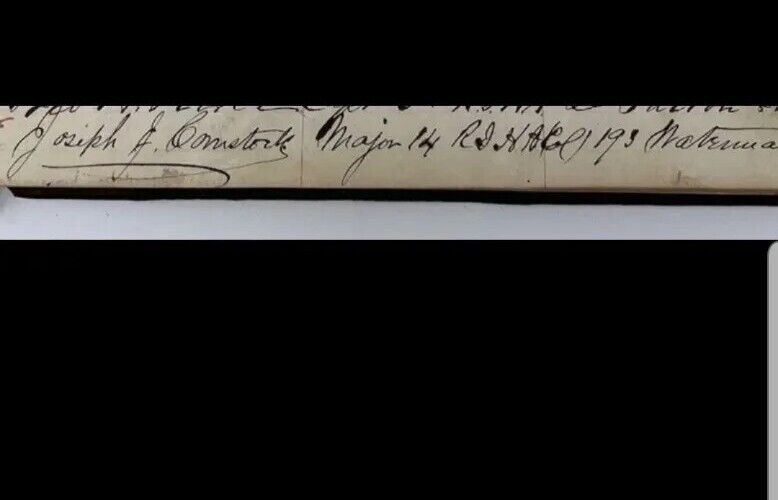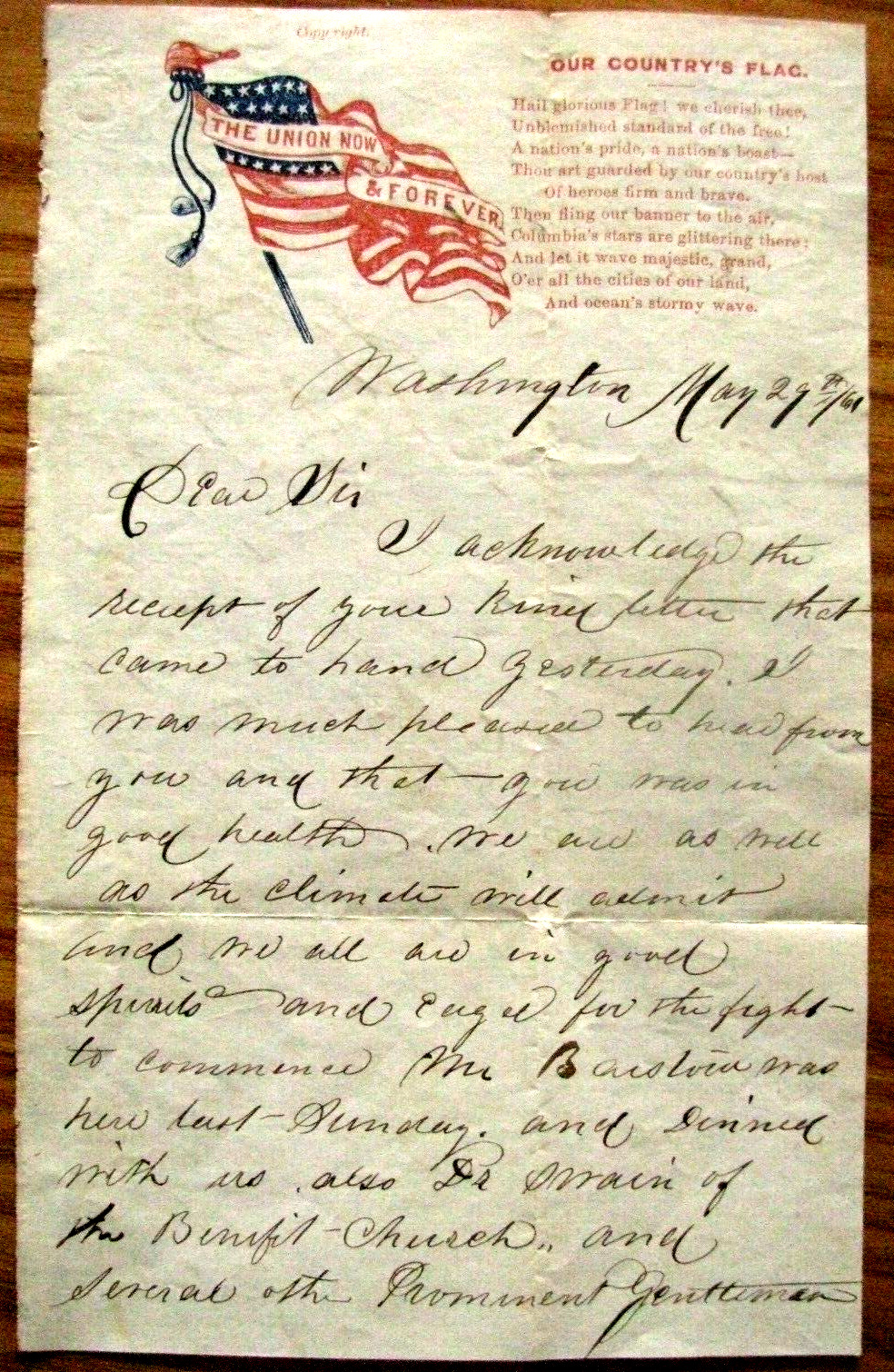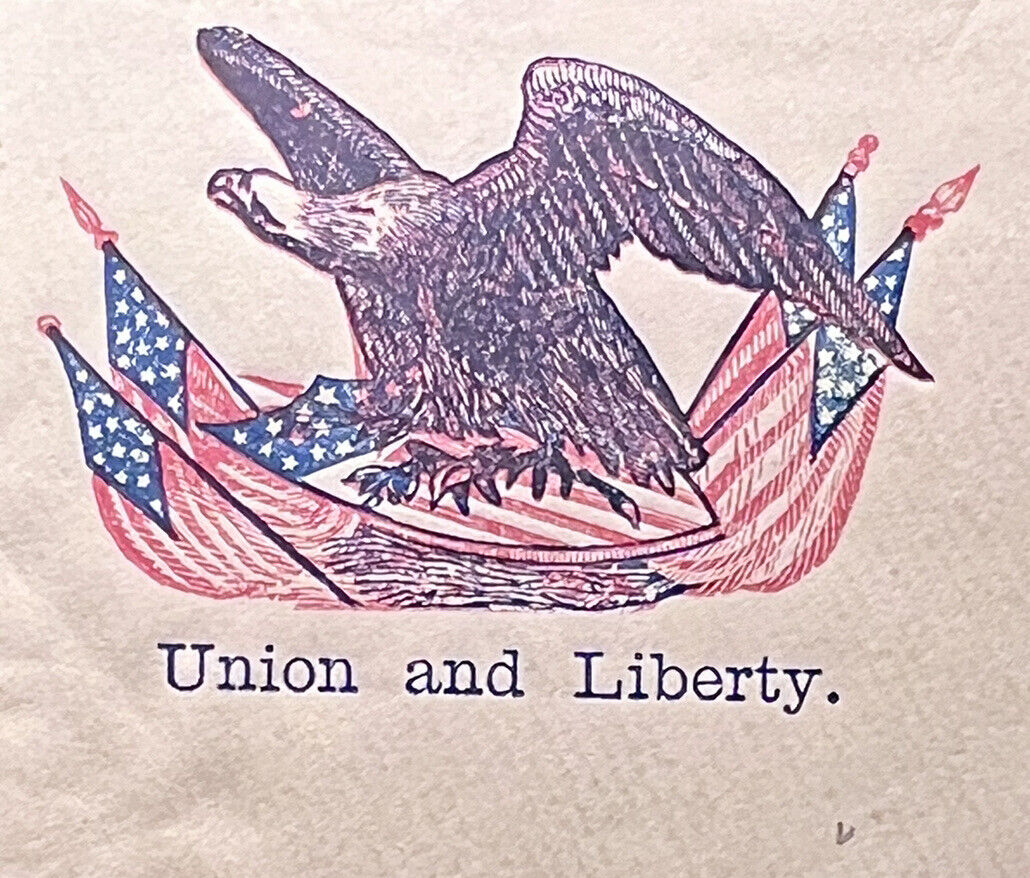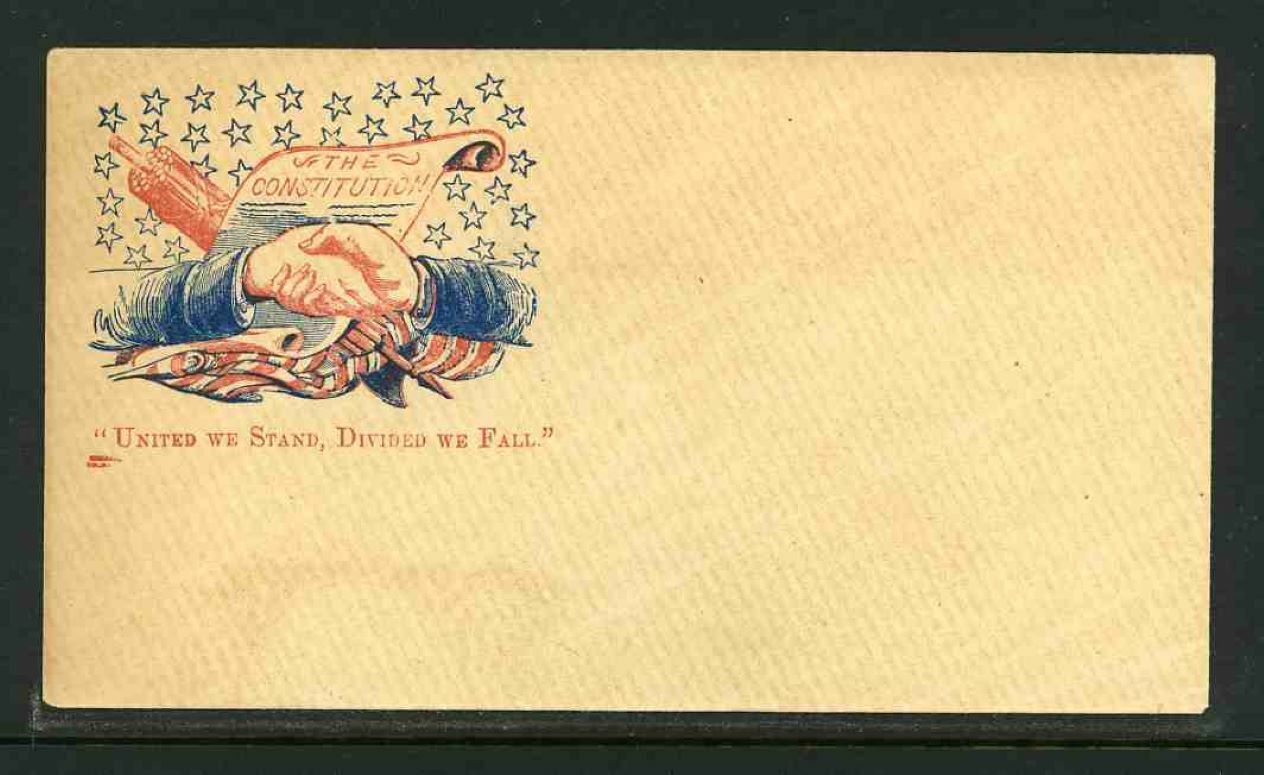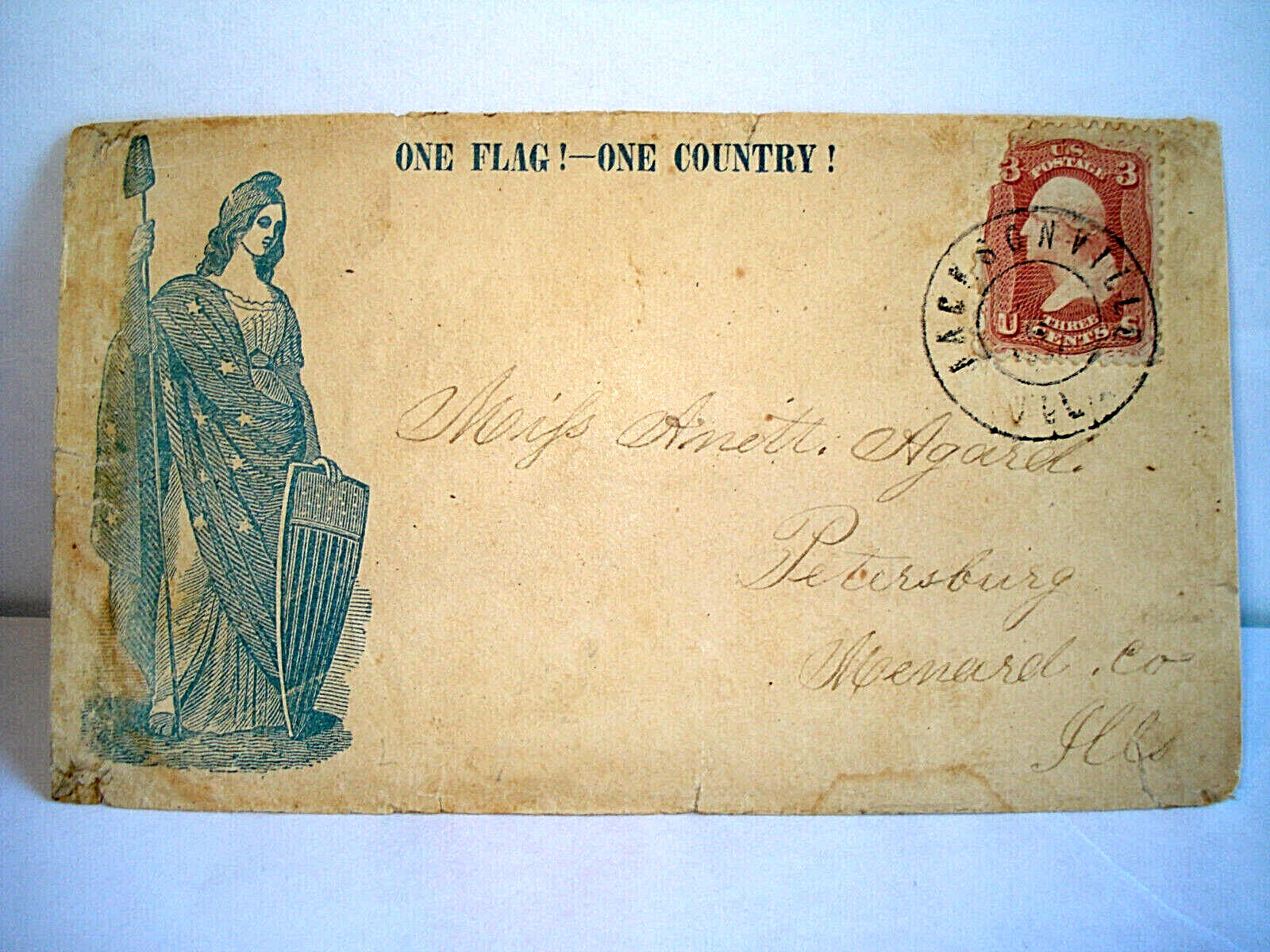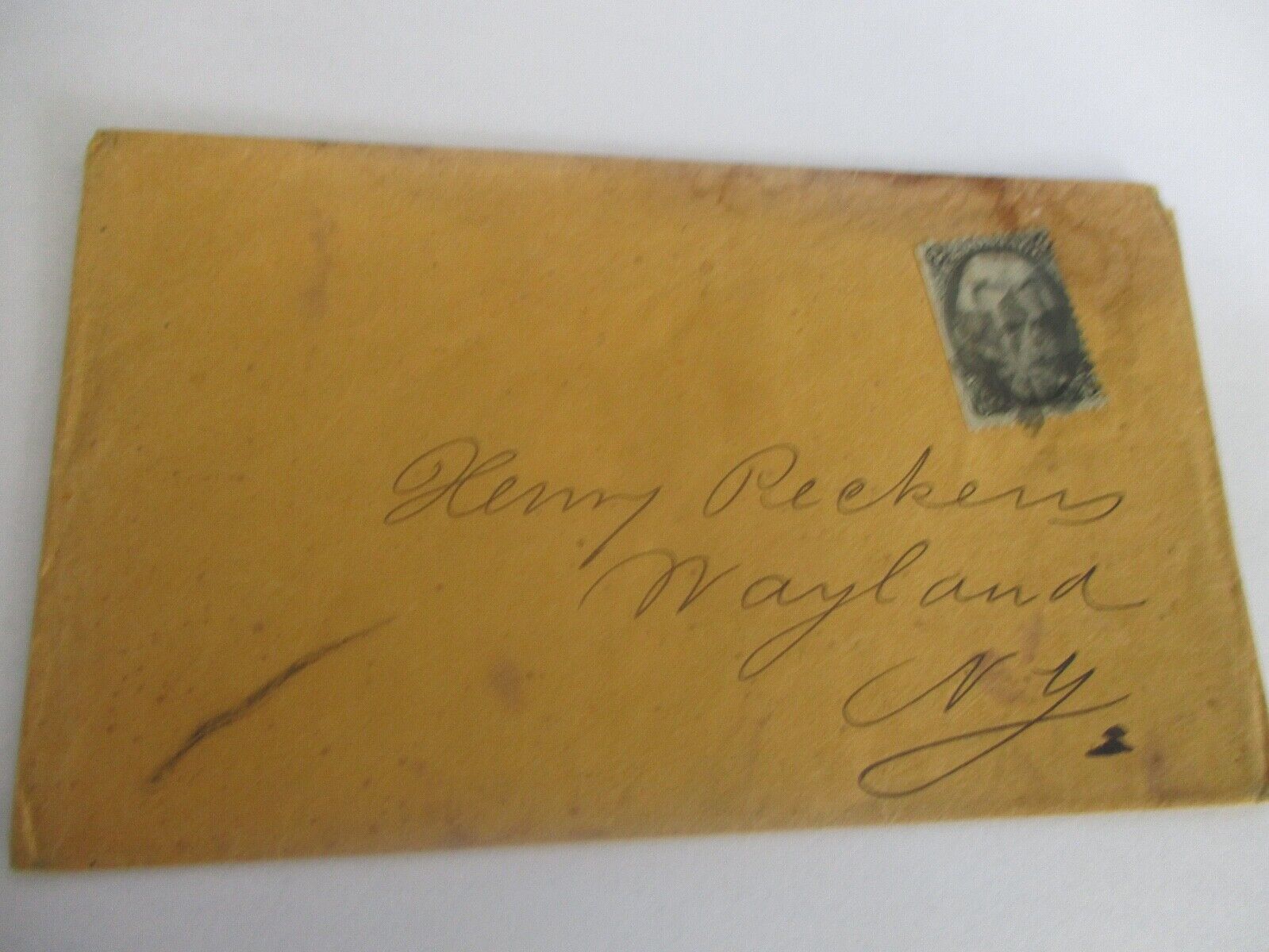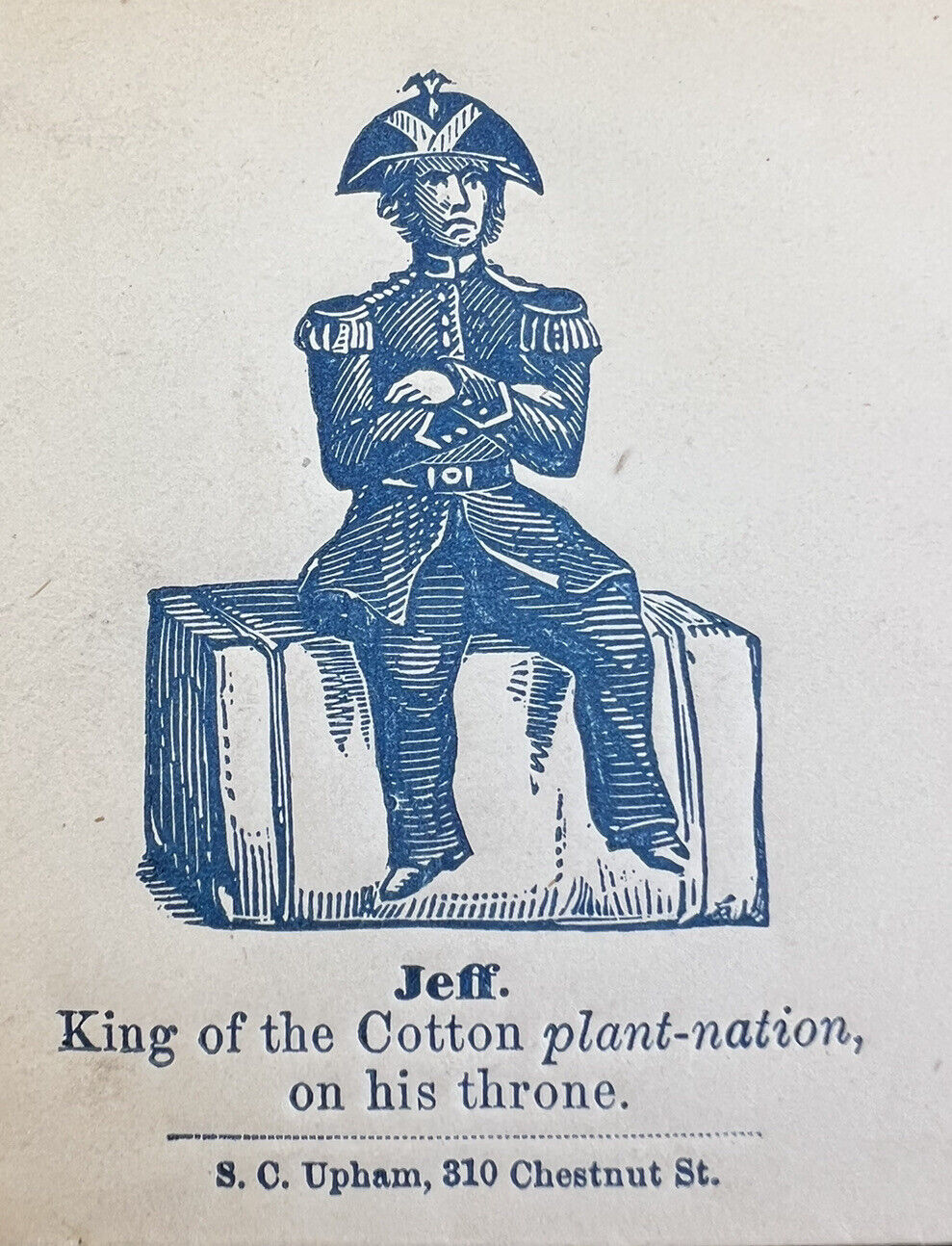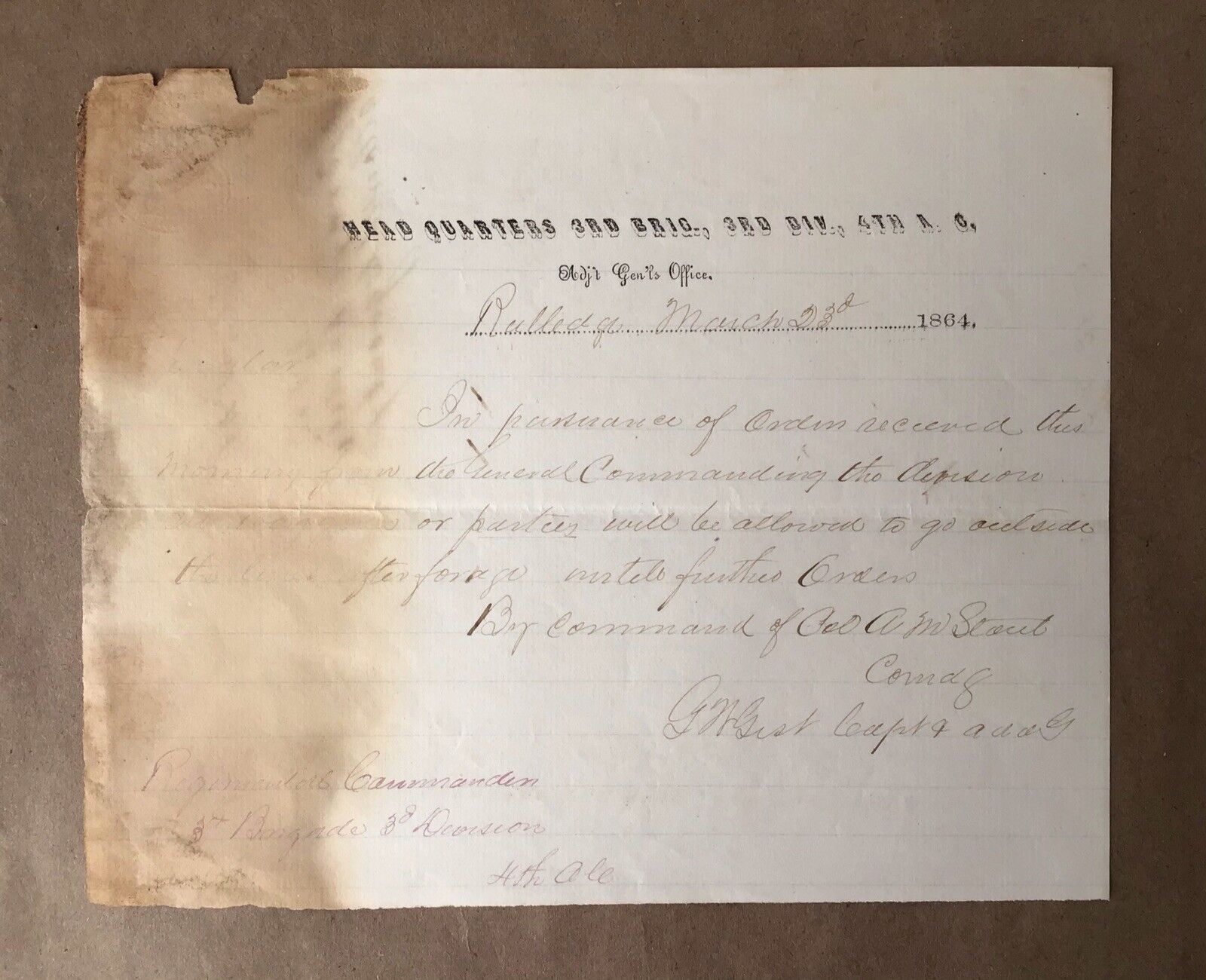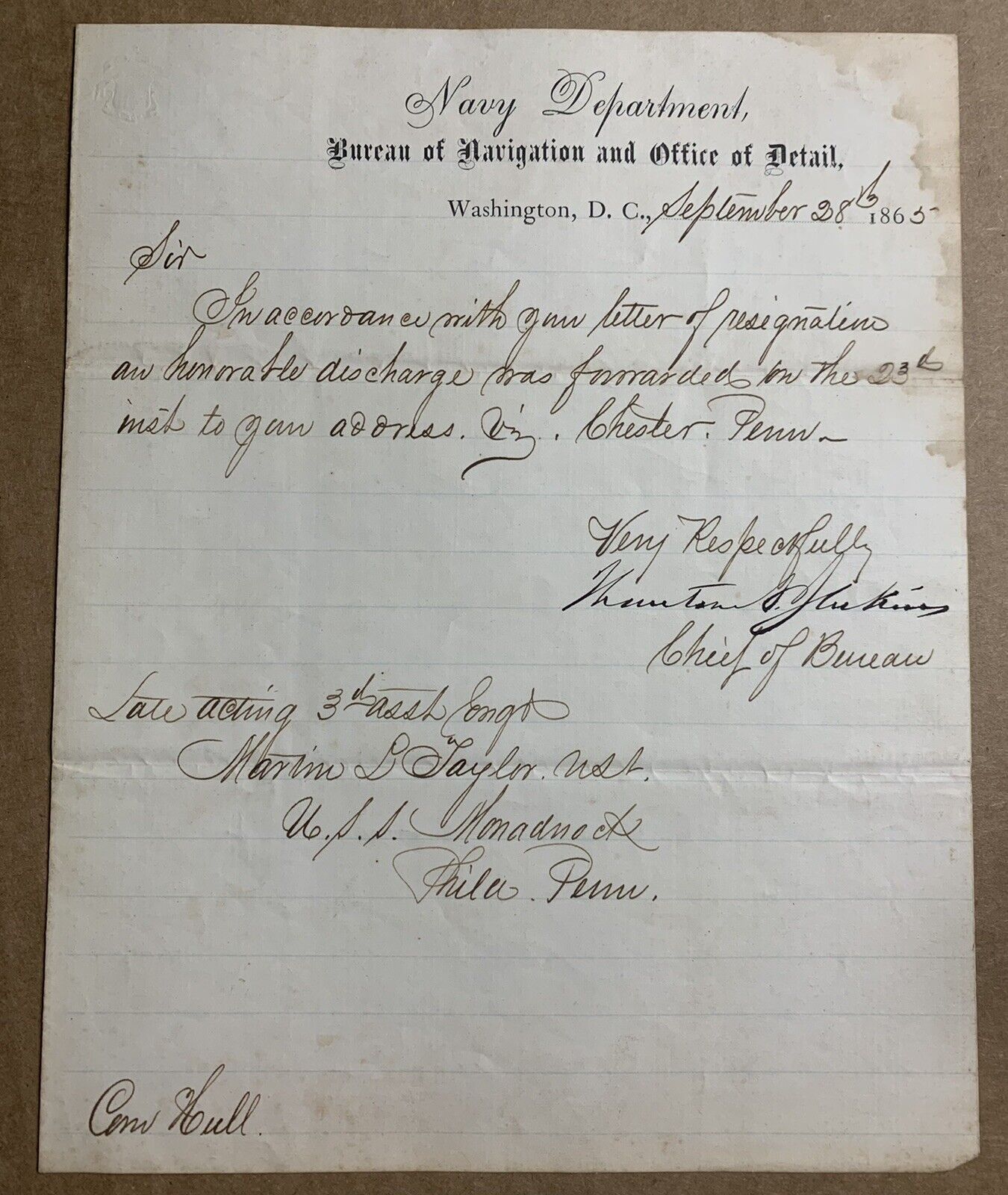-40%
SIGNED Major Joseph Comstock 1st US Buffalo Soldier RI 14th Heavy Artillery Reg
$ 263.8
- Description
- Size Guide
Description
INVREF#CL6-?SIGNED original autograph cut Rhode Island militia post ledger "sign in" from the hand of Commanding Officer Major Joseph Comstock, DoB Feb. 7, 1811, DoD Aug. 16, 1868. US 1st organized BUFFALO SOLDIER organized regiment. all-African-American volunteer regiment, the 14thRhode Island Heavy Artillery served honorably during the Civil War. In 1862, under pressure from African Americans who wished to fight but were denied the opportunity, the War Department announced that states could form regiments consisting entirely of colored citizens. Eventually, 179,000 African Americans would serve in the Army, with 19,000 more in the Navy. Rhode Island Governor James Smith obtained permission on July 19, 1863, to enlist and organize a colored company of heavy artillery. Due to the high volume of volunteers, the proposed company instead became a regiment of twelve companies. The 14thRI consisted of nearly 1,800 men, recruited from Rhode Island, Connecticut, and other northern states. Seventy-seven white officers also joined the regiment. They trained at Dexter Training Ground in Providence and later were stationed at Narragansett Bay. In 1863, the 14thRIs First Battalion was ordered to Louisiana, soon joined by the Second and Third. The Battalions did not take part in any major battles, but were under constant threat while they guarded forts and patrolled local communities. On several occasions they skirmished with Confederate soldiers, suffering numerous casualties. However, most casualties came from disease that ran rampant through their ranks during their tour of duty. On April 4, 1864, while the Battalions were in Louisiana, the War Department re-designated all state regiments composed of soldiers of African descent as US Army regiments. The 14thRI was designated the U.S. 8th Heavy Artillery April 4, May 21, 1864. Not all members of the later U.S. regiment had served in the Rhode Island regiment. As African Americans, soldiers of the 14thRI were plagued by discrimination from white officers and received equal pay only after prolonged protest and refusal to accept a lesser amount. Until Congress acted in 1864, black soldiers in the Union Army typically received per month, from which a clothing fee was deducted automatically, while their white counterparts received per month plus a clothing allowance. They served knowing they faced violent retribution, execution, or enslavement if captured by Confederate forces. Veterans of the 14thRI are buried in several different areas within the North Burial Ground. Command ing Officers Major Joseph Comstock, DoB Feb. 7, 1811, DoD Aug. 16, 1868 Major Richard Godfrey Shaw, DoB June 29, 1832, DoD Apr. 30, 1898 Company A: Sergeant-major Zebedee Howland, DoB Unknown, DoD Mar. 13, 1883 Sergeant John A. Jenkins, DoB Unknown, DoD June, 4, 1902 Sergeant George H. Black, DoB Unknown, DoD May 17, 1887 Corporal John Thompson, DoB Unknown, DoD Dec. 7, 1901 Corporal Charles Snyder, DoB Unknown, DoD Nov. 11, 1902 Musician John Easton, DoB Unknown, DoD Oct. 26, 1901 Pvt. James Polk, DoB Unknown, DoD Jan. 5, 1910 Company B: Captain Henry Simon, DoB 1812, DoD Oct. 6, 1864 Corporal Charles A. Jackson, DoB Unknown, DoD, Nov. 11, 1915 Pvt. Henry Hunter, DoB Unknown, DoD Nov. 14, 1885 Pvt. Theodore H. Jackson, DoB Unknown, DoD - Apr. 9, 1876* Pvt. Charles H. Stafford, DoB Unknown, DoD Aug. 3, 1910 Company C: Pvt. William Burr, DoB Unknown, DoD - Aug. 14, 1903 Pvt. Slyvanus Green, DoB Unknown, DoD May 13, 1907 Company D: Pvt. Stephen Davis, DoB Unknown, DoD Jun. 7, 1910 Pvt. William W. Field, DoB Unknown, DoD May 5, 1906 Pvt. John Gibbs, DoB Unknown, DoD Nov. 2, 1869 Company E: Pvt. John Barnett, DoB Unknown, DoD Nov. 19, 1889 Pvt. Edward Silvey, DoB Unknown, DoD Aug. 3, 1904 Company F: Pvt. James A. Lawrence, DoB Unknown, DoD Dec. 25, 1906 Company G: Corporal Benjamin Ringgold, DoB Unknown, DoD Jan. 5, 1909 Pvt. Thomas Barber, DoB Unknown, DoD Dec. 6, 1901 Company H: Corporal John Carter, DoB Unknown, DoD Dec. 30, 1911 Pvt. Henry C. Diggs, DoB Unknown, DoD Sept. 30, 1891 Pvt. John Hill, DoB Unknown, DoD Mar. 28, 1911 Company I: Pvt. Robert Lewis, DoB Unknown, DoD Jul. 27, 1894** Pvt. Benjamin F. Williams, DoB Unknown, DoD Nov. 2, 1904 Company K: First Lieutenant Charles W. Munroe, DoB Unknown, DoD Mar. 20, 1868*** Company L: Corporal Adam Lee, DoB Unknown, DoD Dec. 13, 1910 Pvt. William L. Johnson, DoB Unknown, DoD Aug. 11, 1906 Pvt. Theodore Williams, DoB Unknown, DoD Jan. 20, 1912 Company M: Corporal Joseph R. Parker, DoB Unknown, DoD Mar. 11, 1911 Corporal Henry B. Williams, DoB Unknown, DoD Jan. 27, 1895 Pvt. Ambrose Clark, DoB Unknown, DoD Dec. 28, 1897 Pvt. Joseph Hovey, DoB Unknown, DoD Jul. 12, 1897 *Chenery says he died in 1876. **Noted as 14thRI H Arty. ***On stone, 1stLieut. Co. K, 4thRI Vols An all-African-Americanvolunteer regiment, the 14thRhode Island Heavy Artillery, later renamed the 11thUnited States Colored Artillery (Heavy), served honorably during the Civil War. In 1862, under pressure from African Americans who wished to fight but were denied the opportunity, the War Department announced that states could form regiments consisting entirely of colored citizens. Eventually, 179,000 African Americans would serve in the Army, with 19,000 more in the Navy. Rhode Island Governor James Smith obtained permission on July 19, 1863, to enlist and organize a colored company of heavy artillery. Due to the high volume of volunteers, the proposed company instead became a regiment of twelve companies. The 14thRI consisted of nearly 1,800 men, recruited from Rhode Island, Connecticut, and other northern states. Seventy-seven white officers also joined the regiment. They trained at Dexter Training Ground in Providence and later were stationed at Dutch Island in Narragansett Bay. In 1863, the 14th RIs First Battalion was ordered to Louisiana, soon joined by the Second and Third and were under constant threat while they guarded forts and patrolled local communities. On several occasions they skirmished with Confederate soldiers, suffering numerous casualties. However, most casualties came from disease that ran rampant through their ranks during their tour of duty. On April 4, 1864, while the Battalions were in Louisiana, the War Department re-designated all state regiments composed of soldiers of African descent as US Army regiments.
BUYER PAYS SHIPPING. SEE PICTURES FOR MORE DETAILS.

